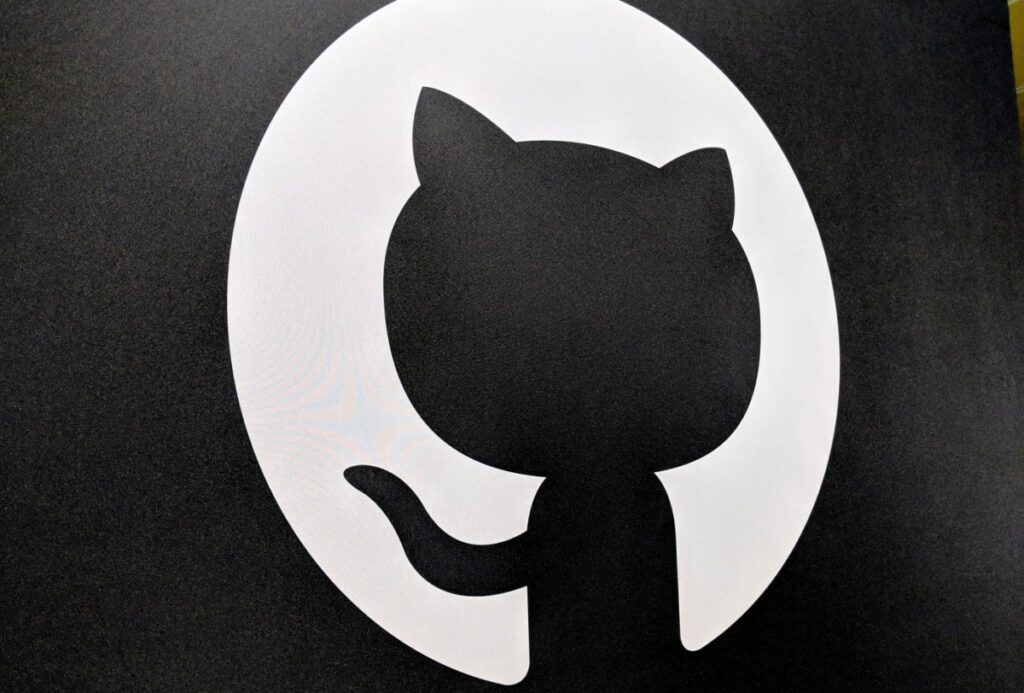Microsoft-owned GitHub announced on Wednesday a free version of its popular Copilot code completion/AI pair programming tool, which will also now ship by default with Microsoft’s popular VS Code editor. Until now, most developers had to pay a monthly fee, starting at $10 per month, with only verified students, teachers, and open source maintainers getting free access.
GitHub also announced that it now has 150 million developers on its platform, up from 100 million in early 2023.
“My first project [at GitHub] in 2018 was free private repositories, which we launched very early in 2019,” GitHub CEO Thomas Dohmke told me in an exclusive interview ahead of Wednesday’s announcement. “Then we had kind of a v2 with free private organizations in 2020. We have free [GitHub] Actions entitlements. I think at my first Universe [conference] as CEO, we announced free Codespaces. And so it felt natural, at some point, to get to the point where we also have a completely free Copilot, not just one that is for students and open source maintainers.”
There are some limitations to the free version, which is geared toward occasional users, not major work on a big project.
Developers on the free plan will get access to 2,000 code completions per month, for example, and as a GitHub spokesperson told me, each Copilot code suggestion will count against this limit — not just accepted suggestions. And while GitHub recently added the ability to switch between different foundation models, users on the free plan are limited to Anthropic’s Claude 3.5 Sonnet and OpenAI’s GPT-4o. (The paid plans also include Google’s Gemini 1.5 Pro and OpenAI’s o1-preview and -mini.)

For Copilot Chat, the number of chat messages is limited to 50, but otherwise, there aren’t any major limitations to the free service. Developers still get access to all Copilot Extensions and skills.
As Dohmke told me, the team looked at the Copilot usage data from the last few years to figure out the threshold between occasional users and professional developers.
“You log in and you have Copilot free available, and you can start coding with it, which is ultimately the one thing that people are trying to achieve, right? The outcome here is to build something with software and not to try an AI tool for the sake of AI.”
The free Copilot SKU will work in a number of editors, including VS Code, Visual Studio, and JetBrains, as well as on GitHub.com.
While Copilot has remained somewhat of a de facto standard for AI coding tools since it launched in 2021, the market today is also a bit more competitive, with startups like Tabnine and Qodo (previously known as Codium), as well as the likes of AWS, all offering competing services. These competitors typically offer a free plan as well, so it makes sense now for GitHub to lean into the wide distribution of VS Code and go freemium to expand Copilot’s reach.
“Our mission is to … enable a billion users to become a developer worldwide — and obviously, if you look around the world, whether it’s in Brazil, Argentina, South Africa, in India or Indonesia, in Pakistan, their ten dollars are much more relative to the average income, and as such, we are hoping to also enable a lot more people who have the ambition to become a developer or use a Copilot to become a more productive, efficient, happy developer in those countries, all in the spirit of our one-billion-developer aspiration,” Dohmke said.
Dohmke said that he also expects more students to now use Copilot as well, because even though the company has long offered a free version to them, they always had to jump through a few hoops to certify that they were students.
“With Copilot Free, we are returning to our freemium roots and are laying the groundwork for something far greater: AI represents our best path to enabling a GitHub with one billion developers. There should be no barrier to entry for experiencing the joy of creating software,” Dohmke said. “Now six years after being acquired by Microsoft, it indeed appears GitHub is still GitHub — and we are doing our thing.”


